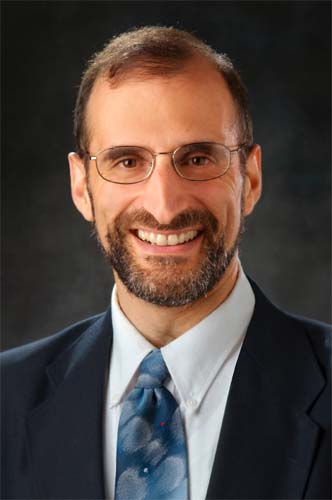
Fewer US schools are making soda, candy bars and other types of "junk food" available on their premises, according to a study released Tuesday by the US Centers for Disease Control and Prevention. "The school environment is a key setting for influencing children's food choices and eating habits," said Howell Wechsler, director of CDC's Division of Adolescent and School Health, in hailing a trend toward healthier food in US schools. "By ensuring that only healthy food options are available, schools can model healthy eating behaviors, help improve students' diets, and help young people establish lifelong healthy eating habits," he said.
Congo Kinshasa RPCV Howell Wechsler says More US schools shun sale of 'junk food'
More US schools shun sale of 'junk food'
(AFP) – Oct 6, 2009
WASHINGTON - Fewer US schools are making soda, candy bars and other types of "junk food" available on their premises, according to a study released Tuesday by the US Centers for Disease Control and Prevention.
"The school environment is a key setting for influencing children's food choices and eating habits," said Howell Wechsler, director of CDC's Division of Adolescent and School Health, in hailing a trend toward healthier food in US schools.
"By ensuring that only healthy food options are available, schools can model healthy eating behaviors, help improve students' diets, and help young people establish lifelong healthy eating habits," he said.
The CDC report, "Availability of Less Nutritious Snack Foods and Beverages in Secondary Schools," found that among 34 states surveyed, 63 percent of schools now refrain from selling soda or fruit drinks that are not 100 percent juice. That was up from 38 percent the previous year.
Meanwhile, the percentage of secondary schools not selling candy or salty, fatty snacks rose from 46 percent in 2006 to 64 percent in 2008.
The report highlights a growing push across the United States to stem an obesity epidemic that finds nearly one-third of youth in some 30 US states either overweight or obese.
Sweets, salty snacks and sugary soft drinks are seen as prime culprits in Americans' expanding waistlines, with one can of soda pop -- the daily beverage of choice for millions of Americans -- packing around 140 calories.
The CDC found the greatest improvements in states that have adopted strong school nutrition standards and policies for foods and beverages sold outside school meal programs, such as in vending machine on school property.
The sharpest decline in the sale of junk food was found in the southern US states of Mississippi and Tennessee, the agency said.
"Mississippi and Tennessee are excellent examples of this progress. However, there are still far too many schools selling less nutritious foods and beverages," said Wechsler.
The CDC survey is conducted every two years, and tracks physical education requirements, school health policies related to HIV/AIDS, tobacco-use prevention, nutrition and other major health indicators.












